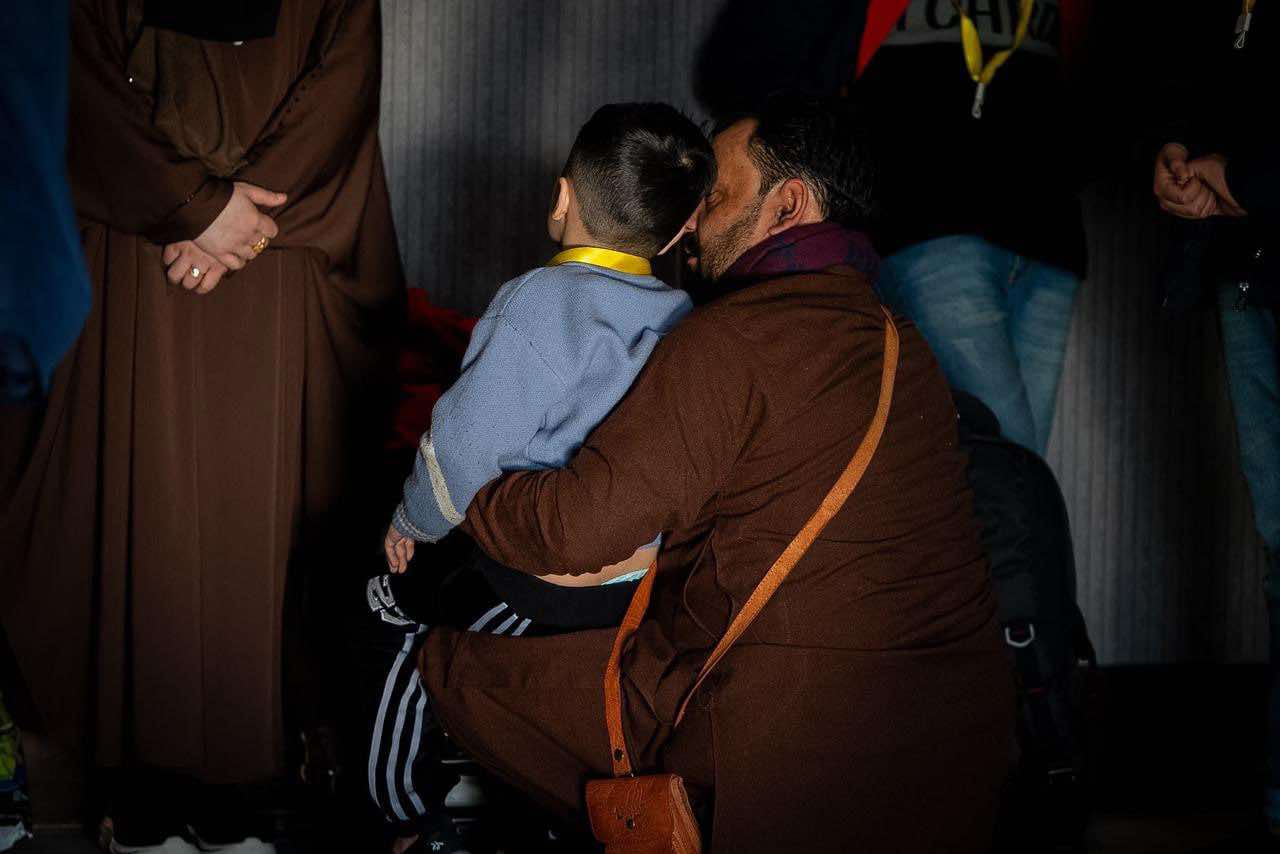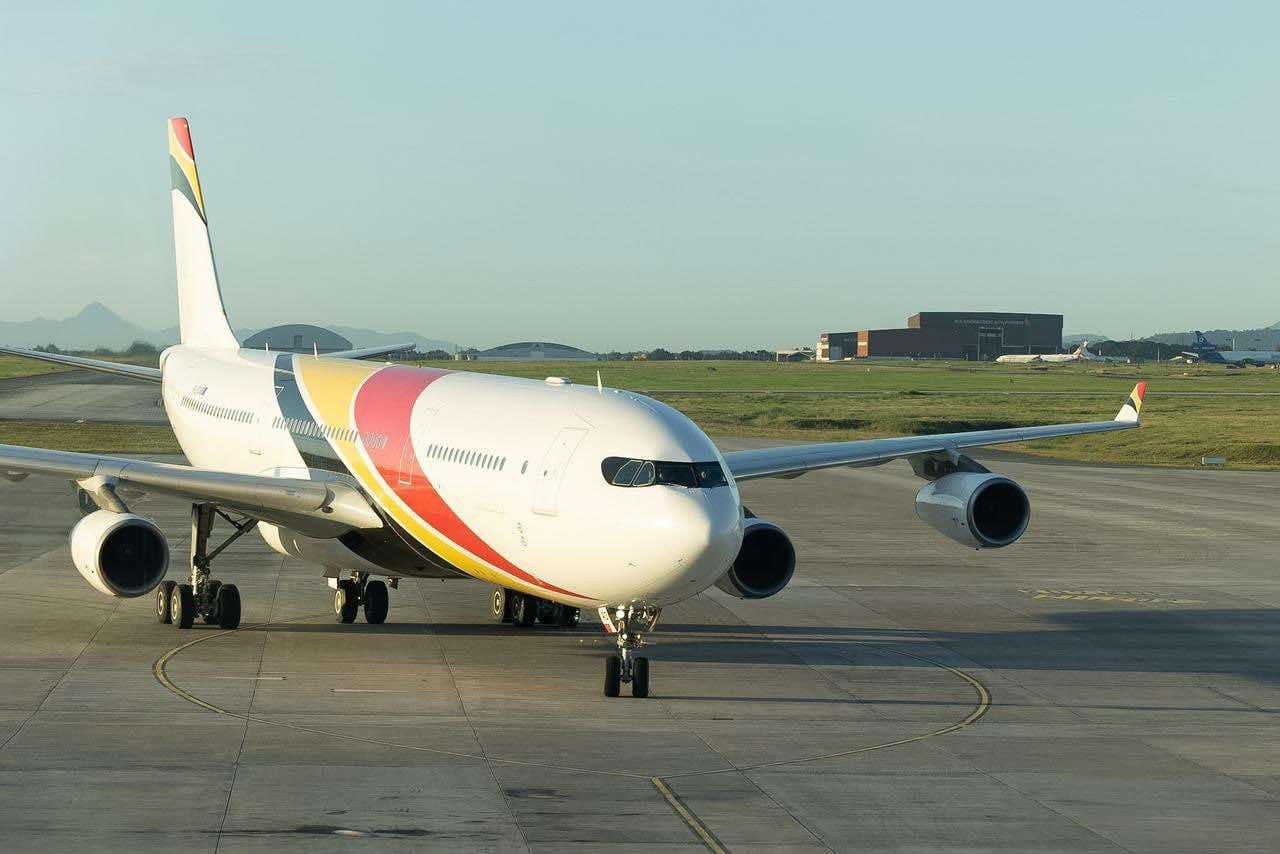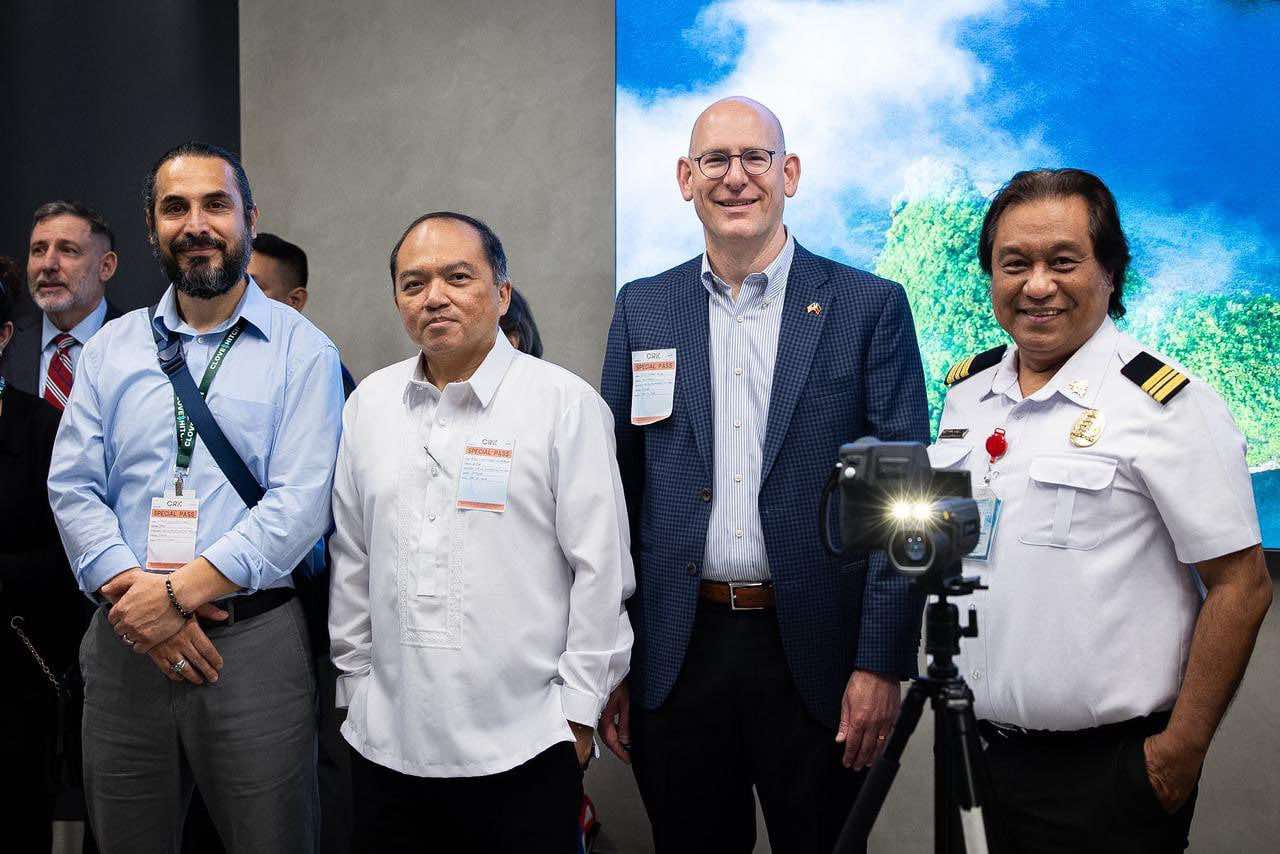

MANILA, Philippines – A batch of Afghan nationals has arrived in the Philippines on Monday (Jan. 6) to process their Special Immigrant Visas (SIVs) in the country and is expected to stay no longer ng 59 days, whether their applications will be approved or not.
In an on-background briefing last December 20, a senior Filipino official said that the deal was reached between Manila and Washington D.C., allowing 300 Afghan nationals to enter the country and stay for a maximum of 59 days, with the whole project expected to be finish within a 100-day period.
“(The agreement) will cover only a group of 300 applicants, all of whom should be processed and relocated, removed in no more than 100 days from the date of arrival of the first applicants,” the official said.
“So, the processing of each applicant by the US Embassy here in Manila should be completed within that 59-day period,” the official said.
All applicants – almost half of them minors -- were also subjected to “full security vetting” by both U.S. and Philippine governments, and has undergone medical screening prior to their departure in Afghanistan, the official assured.

Up to 300 Afghan nationals arrived in the Philippines aboard a chartered flight on January 6 to complete the processing of their U.S. Special Immigrant Visas (SIVs) for their immigration to the United States. (Photo courtesy of U.S. Embassy in the PH)
Once in the country, the Afghan nationals will be housed in a U.S.-funded billet facility and will be allowed to leave once for their interview at the U.S. Embassy in Manila.
Security in the premises will also be provided by personnel contracted by the U.S. government, all of whom will be under the direct supervision of the Philippine National Police (PNP).
“The Philippine side was very clear that they don't want, as much as possible, this to be an additional burden on other government agencies, and that's the same reason why we'll ask the US also to contract out the management of the platform, rather than have Department of Social Welfare and Development have the responsibility over the platform,” said the official.
In addition, the applicants will not be housed in any of the Enhanced Defense Cooperation Agreement (EDCA) sites, the official said, without disclosing the exact location of the housing facility.

Up to 300 Afghan nationals arrived in the Philippines aboard a chartered flight on January 6 to complete the processing of their U.S. Special Immigrant Visas (SIVs) for their immigration to the United States. (Photo courtesy of U.S. Embassy in the PH)
Afghan nationals not “refugees”; project not a U.S. “demand” but a “request”
In August 2021, Kabul fell under Taliban rule, followed by a disorderly and chaotic pullout of American forces before the U.S. can complete its withdrawal after a 20-year war in Afghanistan.
Due to this, thousands of Afghan nationals who worked at the U.S. mission were left behind.
An agreement was formally signed between the Philippines and the U.S. in July 2024, and was later ratified by President Ferdinand Marcos, Jr. in September of the same year, allowing such Afghan nationals to be temporarily housed in the country, while awaiting the processing of their visas.
During the same on-background briefing, a State Department official said that apart from the Philippines, the U.S. has “platforms” or State Department Office of Coordinator for Afghan Relocation Efforts-operated (CARE) facilities in three other countries, but was “elated” when Manila agreed to serve as a temporary site for SIV processing, given the size of the US visa center in the country.
“These are people we know; these are people we trust, and these are people that we owe the opportunity in the US that we fell short on in their country,” the official said.
“We’re very grateful to you, this government, you Filipino people, for helping us to fulfill our promise to them that we would give them a pathway to another opportunity and safety,” the official added.

(From left) U.S. State Department linguist Mohammad Yama Behnaam, Philippine Department of Foreign Affairs Office of American Affairs Assistant Secretary Jose Victor Chan-Gonzaga, U.S. Embassy in the Philippines Deputy Chief of Mission Y. Robert Ewing, and Philippine Bureau of Quarantine official Dr. Gerry Camba greet the Afghan nationals and their families upon their arrival in the Philippines on January 6. (Photo courtesy of U.S. Embassy in the PH)
Meanwhile, a senior Filipino official clarified that the country was not “pressured” and that “any negotiating leverage” was not used against the Philippines, as the deal reflects the two nations’ “shared commitment” to assist concerned Afghan children, women, and men an opportunity to begin again and rebuild their lives amidst the war and eventual Taliban rule in Afghanistan.
With this, the official reiterated that the concerned Afghan nationals arriving in the country are not “refugees”; the agreement is not a U.S. demand but a request; such agreement is not permanent and will automatically terminate at the 100-day mark after the arrival of the first applicant; that the project will not be a burden nor cost a single peso on the Filipino people or on the Philippine government; and that these people are not considered to be a danger to Philippine society and to communities in which they will be housed temporarily.




